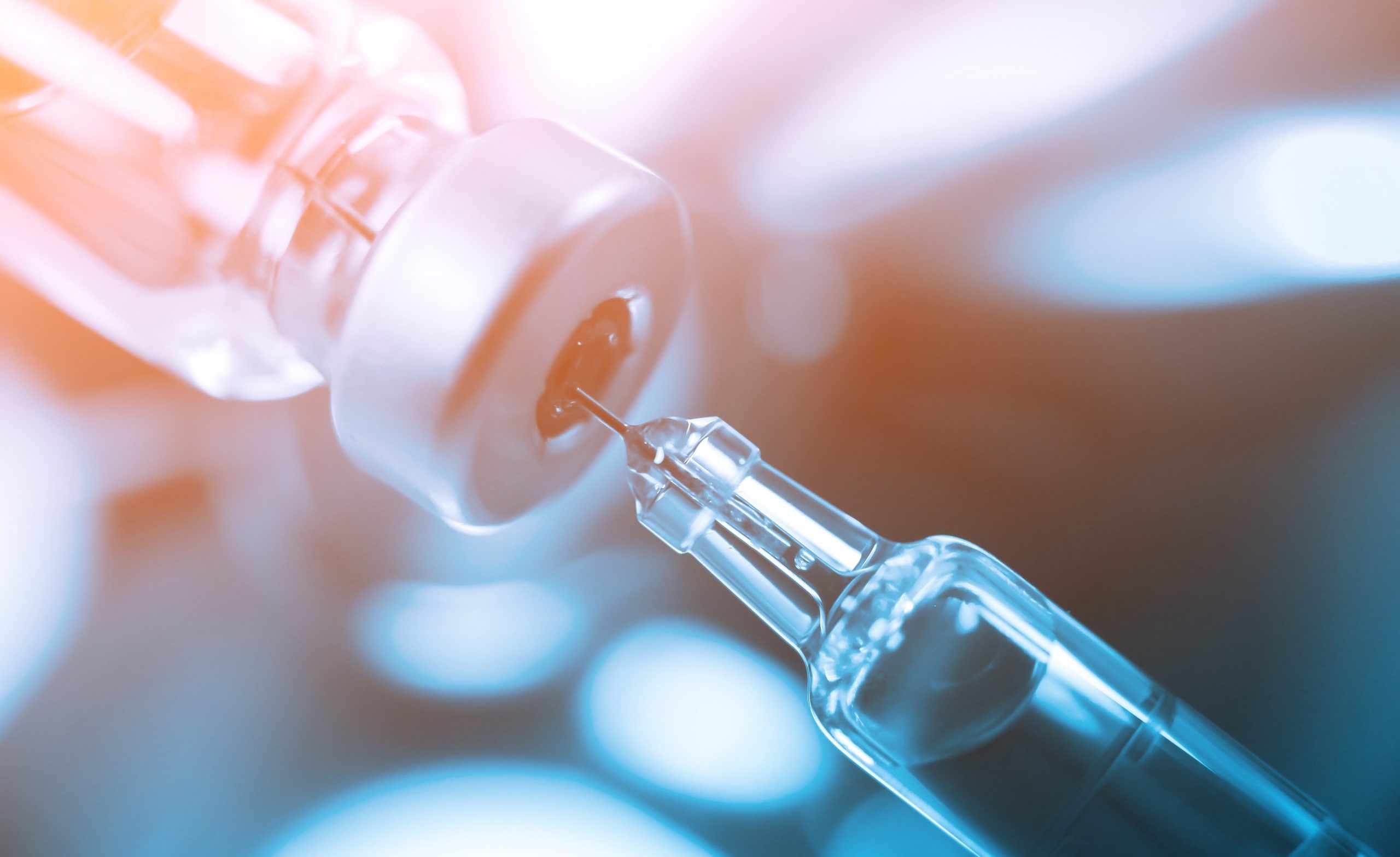NeedleCalm officially launched this week in a bid to improve vaccination rates and `close the gate’ on Covid-19 by calming public nerves for the approximately six million Australians who fear injections.
The breakthrough Australian medical device is set to assist with the reduction of needle-associated pain with injection, immunisation, venepuncture and catheterisation procedures often associated with vaccinations, blood donations and tests, and cancer treatment.
This includes helping treat Trypanophobia – the fear of needles – which is reported to affect approximately one in four Australians on average, and can lead to healthcare avoidance, as well as costly time delays, disruption and double-handling to administer it.
How it works
NeedleCalm works by using a medical technique referred to as ‘closing the gate’ between the needle injection site in the arm and pain receptors in the brain.
The recently approved TGA Australian-owned and manufactured device can be used in over 60 per cent of Australia’s approximately 128 million needle procedures carried out annually. It can be used at various injection sites across the body, including, but not limited to arms, abdomens, buttocks and thighs.
According to Lauren Barber, CEO and Founder of NeedleCalm, the company and its products had an opportunity to play a pivotal role in ensuring Australia – and other countries – overcomes key barriers to achieving herd immunity against infectious diseases, including Covid-19, as well as other critical healthcare avoidance.
“It’s exciting that we have the opportunity to help Australia close the gate on Covid-19 and launch our years of hard work in real time in one of the largest mass public vaccination campaigns of our time,” says Ms Barber.
“Our technology is a game-changer and can be used in an estimated 76 million needle procedures in Australia each year.
“We expect that number to grow with the additional 50 million-plus vaccinations being rollout out for Covid specifically this year.
“It’s easy to dismiss needle phobias, but they affect approximately 25 per cent of Australians, while a local study found one in five patients with a fear of needles reported avoiding healthcare,” says Ms Barber.










